Confronting The Bitter Legacy Of The Partition

On 15 August 1947, as the newly independent India fulfilled its tryst with destiny, it also woke up to a new, bloody reality, one that it is still contending with. The country’s hard-won and long-desired independence was contingent on its division into the sister nations of India and Pakistan, two states that have kept the legacy of colonial conflict and oppression alive well into the 21st Century.
The Partition of India and the blood it spilled have left deep generational scars in the minds of the subcontinent’s residents – even those not born until decades later. It has been endlessly mythologized, deconstructed and analyzed in popular culture and academia, ad politicians still use it as potent tool for manufacturing consent.
Yet, it is undeniably important to be aware of the events that led to this rupture, and the violence it unleashed, all the better to unravel its modern-day legacy: why India still suffers from seemingly endless communal conflict, why the power structures set up by our colonial masters continue to persist, and why many still dream on independent Kashmiri, Khalistani, and even Tamilian identities. The following books engage with this complex issue through both fiction and fact:
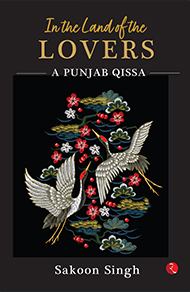
In The Land Of The Lovers: A Punjab Qissa
A masterfully woven fable that explores struggle, loss, longing and love with brilliant insight and luminous prose.
It evoked a feeling in her—of silence and freedom, of riding a bicycle on a dirt track cutting through fields.
In the absence of her parents, Nanaki, a fiercely sensitive young woman, is brought up by her grandparents in a quaint Chandigarh neighbourhood. She grows up to be an artist and a professor in an art college. As Nanaki goes through the motions of an idyllic childhood and a difficult teenage love, her experiences play out against a haunting backdrop of Partition and her Beeji’s turbulent personal history.
Nanaki is brought face to face with the dark underbelly of contemporary Punjab when she takes up the cause of a consummate embroidery artist against a corrupt system while also being privy to the heartbreaking stories of two women in her immediate vicinity. Through it all, it is her Sufi bearings that sustain her. Meanwhile, over many motorcycle jaunts to the tiny hill-town of Kasauli, Nanaki finds love in Himmat, an architect with his own share of personal tragedy and a scarred childhood.
Meditative, rooted in location yet filtered through nostalgia, Sakoon Singh’s In the Land of the Lovers is a masterfully woven fable with interlocking tales that explore struggle, loss, longing and love with brilliant insight and luminous prose.
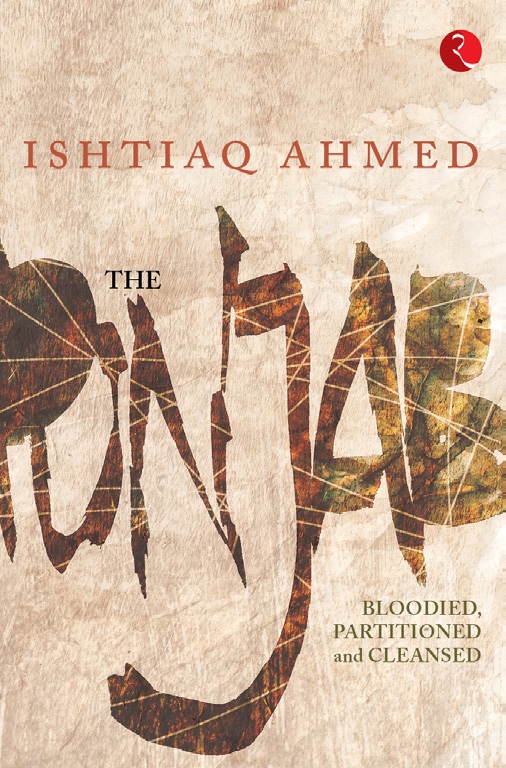
The Punjab: Bloodied, Partitioned And Cleansed
A riveting account of the partition of the Punjab in 1947, The Punjab by Ishtiaq Ahmed is a holistic study of the first major case of ethnic cleansing after the Second World War. Besides shedding new light on the events through secret British reports, it contains poignant accounts by eyewitnesses, survivors and even participators in the carnage, from both sides of the border. With interviewees from both sides of the border, the book aims to give a balanced account of Partition, and show how religious differences are no bar to peaceful coexistence, unless highlighted by divisive forces. It will be of immense interest to anyone curious about the happenings of the most traumatic event in recent Indian history.
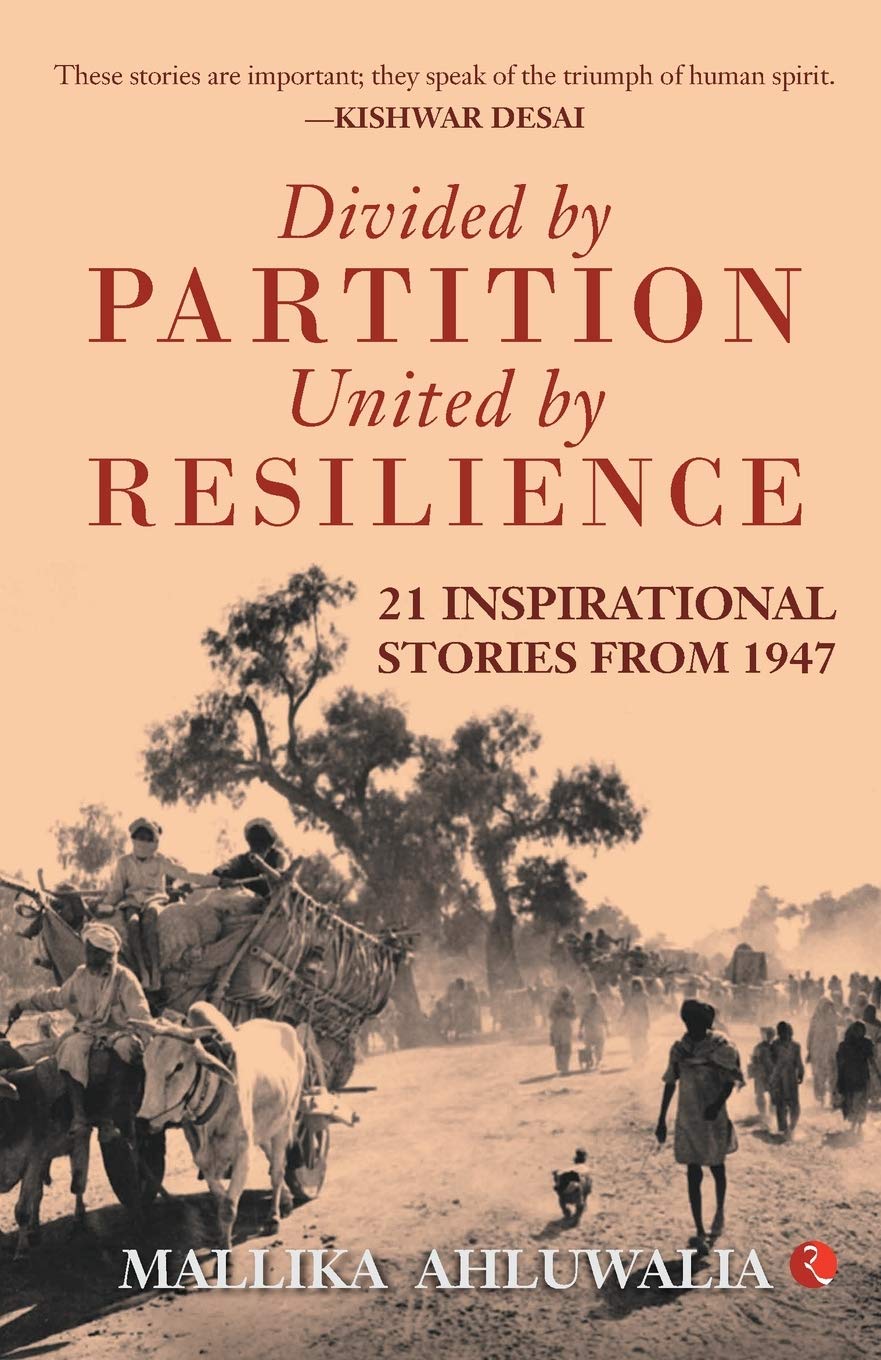
Divided by Partition, United by Resilience: 21 Inspirational Stories from 1947
During the mayhem of the 1947 Partition, lakhs of people lost their homes and livelihoods, while lakhs died. It was a time of catastrophic loss. Despite this, people found the strength to look towards the future and focused on rebuilding their lives and the country they had migrated to. This book captures stories of resilience and sheer grit of people caught in the vortex.
It comprises life stories of twenty-one extraordinary individuals who were deeply affected by the Partition, yet went on to achieve greatness in Independent India. Through their first-hand accounts, they provide a visceral insight into the devastation of families who endured the migration, the camps, and the struggle of rebuilding their lives.
Each of these stories, curated by Mallika Ahluwalia and featuring personalities as diverse as Manmohan Singh, Lal Krishna Advani, Ela Menon and Milkha Singh, is inspirational in a timeless way, and the book is ultimately about the resilience and triumph of the human spirit over everything else.
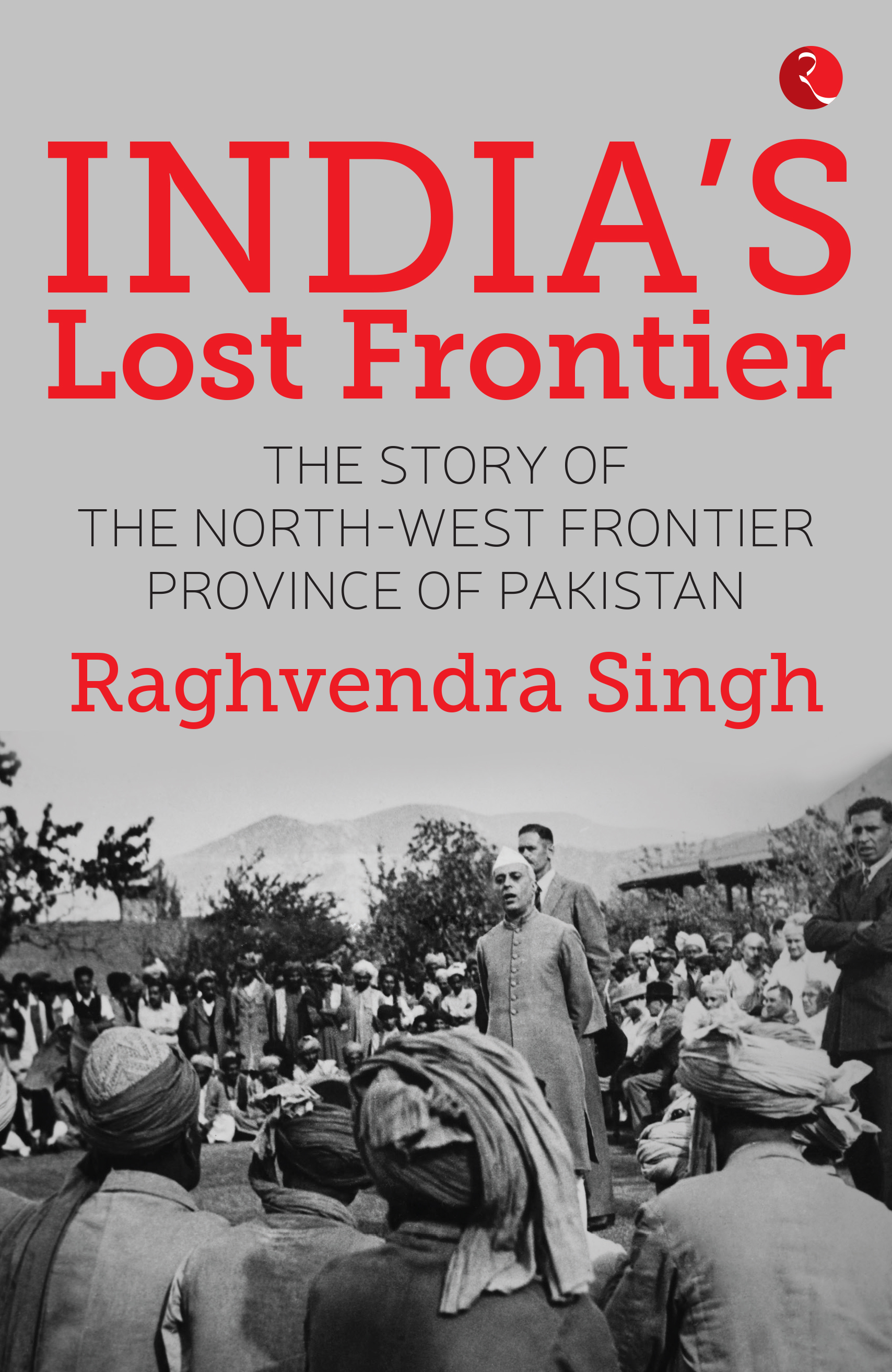
India’s Lost Frontiers: The Story of the North-West Frontier Province
The North-West Frontier Province (NWFP), now Khyber Pakhtoonkhwa, has always remained tactically important. In the years leading up to India’s Partition and Independence, it significantly engaged the attention of British and Indian political figures. This province negated Jinnah’s ‘two-nation’ theory, for the NWFP was overwhelmingly Muslim and yet elected a Congress government in 1946. This upset calculations, primarily of the British. It became imperative to snatch the province away from the Congress. A referendum was ordered and the elected Congress government dismissed on 22 August 1947, within a week of India’s Partition. The Congress leadership had allowed NWFP to be lost to India. Only Mahatma Gandhi and the Khan brothers—Khan Abdul Ghaffar Khan and Dr Khan Saheb—had resisted surrendering this claim over NWFP.
It was in Britain’s strategic interest to partition India. It was also in Britain’s interest that NWFP and Baluchistan, the two frontier provinces of undivided India, join Pakistan. Why then, even after more than seven decades of India’s Independence, do we still question the inevitability of Partition?
In this exhaustive study of the NWFP and its adjoining area of Afghanistan, Raghvendra Singh argues that with an increasingly powerful China knocking on India’s door, it is imperative to recognize that the docile acceptance of NWFP’s loss in 1947 may have serious consequences for India’s security in times to come.
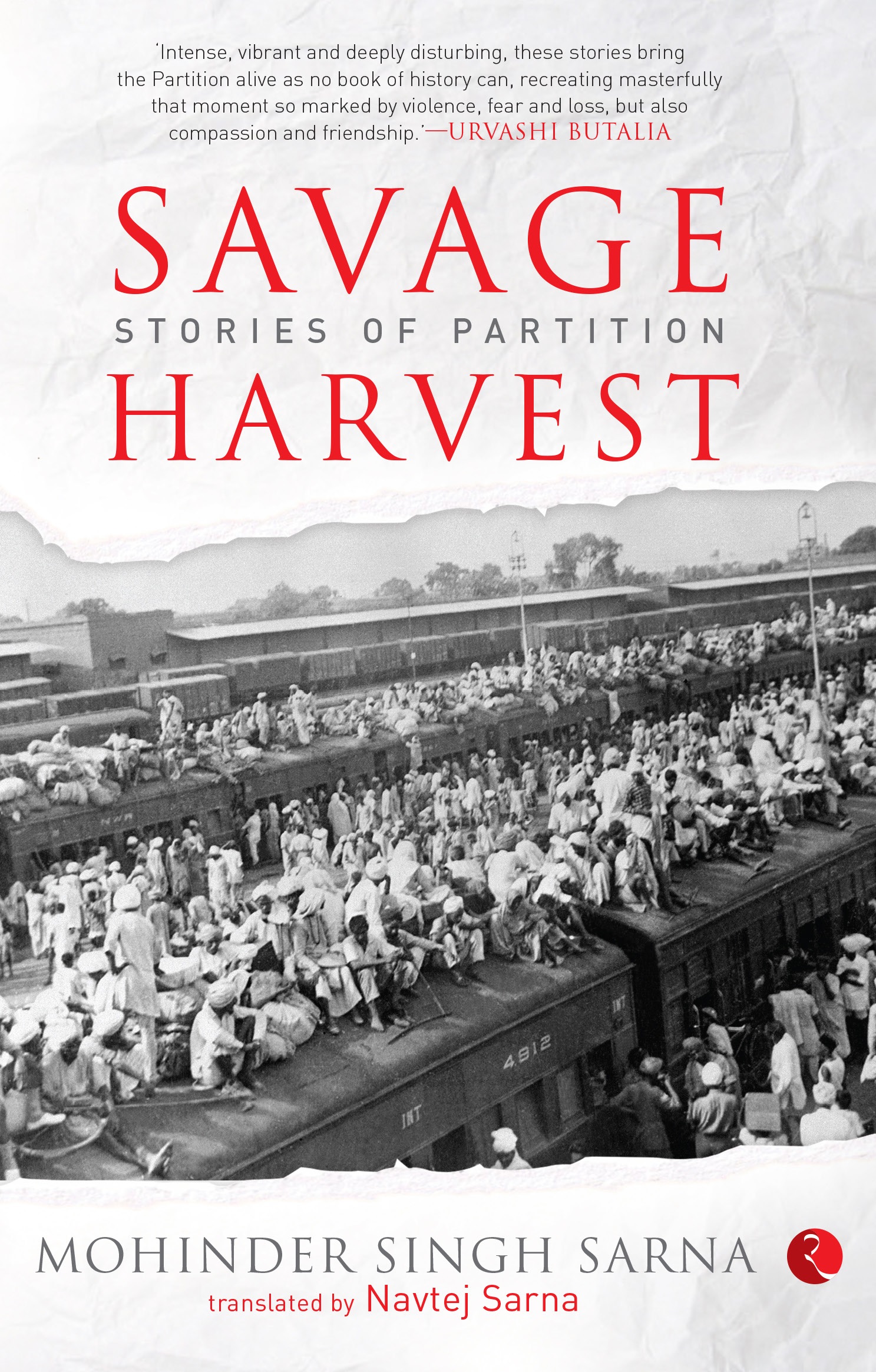
Savage Harvest: Stories Of Partition
‘The season of sickles and scrapes had passed; this was the time of axes and spears…it had been a strange harvest.’
A brave father prepares to sacrifice his son; a poet returns to his home across the border to find his books intact among strangers; a young man challenges the neighbourhood rogue to a horse-riding bet to rescue a captive girl; a middle-aged man outs a murderer from among his well-behaved guests at a social gathering; a wife’s faith destroys the hatred in her husband’s heart; and, when humanity is under threat, a dog lays down his life to protect his mistress. The stories in this powerful collection, by one of the most respected names in modern Punjabi literature, record epic moments of survival in the sea of violence that overwhelmed north India in 1947.
Translated by Navtej Sarna, these stories by award-winning Punjabi author Mohinder Singh Sarna illustrate the truth that hate and violence have no religion, and that courage and compassion, too, are to be found among people of every faith. A harrowing record of the horrors of Partition, Savage Harvest is also a poignant tribute to the human spirit—to men and women who will wage their all in defence of humanity.
***

